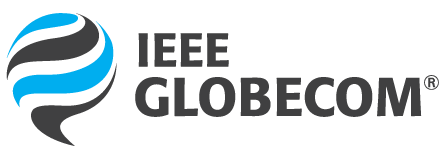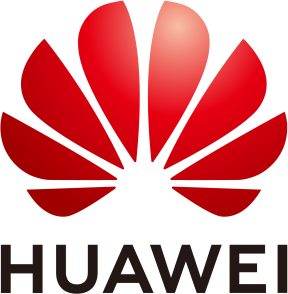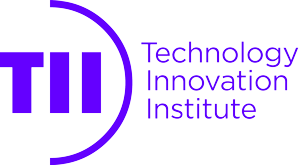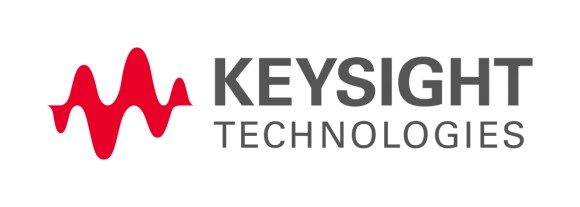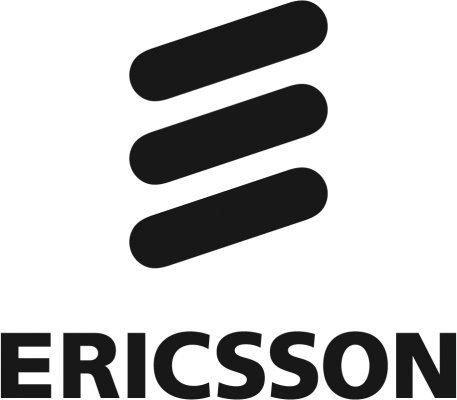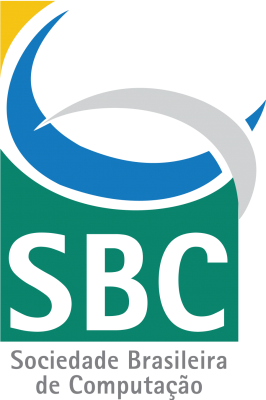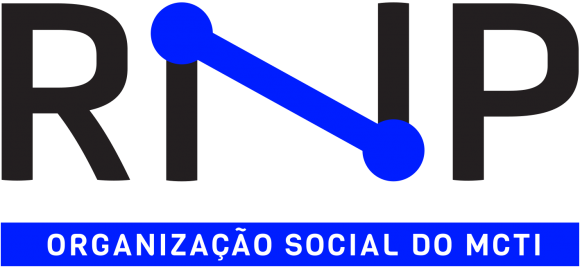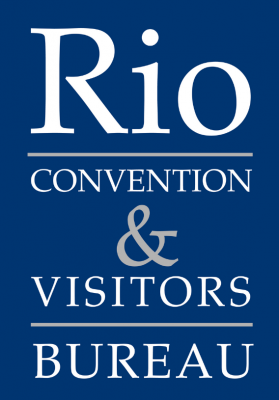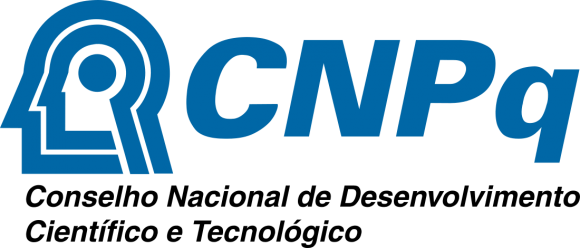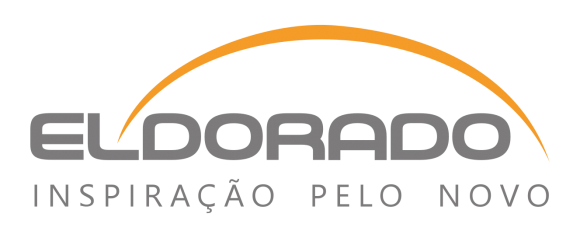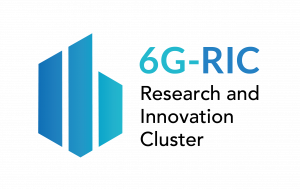Welcome to the Workshop on "Real-Time Data Processing and Optimization in Industrial and IoT Applications"
4-8 December 2022, Rio de Janeiro, Brazil
WORKSHOP CO-CHAIRS:
- Abdellah Chehri, University of Quebec, UQAC, Canada (achehri@uqac.ca).
- Gwanggil Jeon, Incheon National University, Korea (gjeon@inu.ac.kr).
- Imran Ahmed, Institute of Management Sc., Pakistan (imran.ahmed@imsciences.edu.pk).
- Marco Anisetti, University of Milan, Italy (marco.anisetti@unimi.it).
SCOPE OF THE WORKSHOP
Nowadays, industrial enterprises and companies are addressing the challenge of transforming the Industrial IoT (IIoT) ideas, Industry 4.0, Cyber-Physical Systems (CPS), and similar concepts into reality. In the Industry 4.0 era, various data management research challenges have to be addressed. Huge amounts of heterogeneous sensor data have to be processed in real-time to control the production machines.
Data processing through smart devices is more significant compared to information processing capacity. Data becomes humongous, even coming from a single source. Besides, unstructured data from production reports or external sources must also be integrated to analyze and optimize the production process. Therefore, when data emanates from all heterogeneous sources, its magnitude makes it harder to process up-to a needed scale.
The world has seen many breakthroughs in machine learning and artificial intelligence research. By integrating the advances in smart devices, and big data analysis with the advances in machine learning, the future role of smart systems, networks, and applications is becoming limitless. It's expected to revolutionize the future of the world within the next few years.
We expect to bring together researchers from both industry and academia with diverse backgrounds to propose a new idea, identify promising research directions, and potential challenges. The submissions are expected in areas such as theories and applications of big data analytics, connected intelligence, visualization, analytics, predictive maintenance, privacy issues, and operation of 5G-enabled smart factories. These applications can benefit from added analysis and intelligence derived from the collected data where this intelligence refers to the use of machine learning techniques.
Topics of interests for this workshop include, but are not limited to:
This workshop seeks to bring together researchers and experts from academia, industry, and governmental agencies to discuss and promote the research and development needed to overcome the major challenges that pertain to this cutting-edge research topic. Suitable topics for this workshop include, but are not limited to, the following areas:
- Machine Learning in Industrial Applications;
- Distributed Communication Networks and Data Analysis;
- IoT Analytics for Industry 4.0;
- Distributed Architectures for Efficient Management of IoT Data;
- New Hardware Architectures for Industrial Data Management;
- IoT based real-time communication system using image processing techniques;
- Digital transformation and artificial intelligence;
- Big data storage management for IoT applications;
- Real-life cases of IoT-enabled manufacturing;
- Advanced manufacturing model under the support of cloud computing;
- Standardization in Industrial IoT Applications;
- Architectures, protocols, and algorithms for 5G realizations in support of smart factory requirements;
- Real-time human behavioral measurement, modeling, evaluation, and tools for IoT Big Data;
- Real-time behavior assessment in big data transmission with efficiency for Industrial IoT;
- Behavioral feature-based learning from big data to facilitate monitoring.
SUBMISSION GUIDELINES
The workshop accepts only original and previously unpublished papers. All submissions must be formatted in standard IEEE camera-ready format (double-column, 10pt font). The maximum number of printed pages is six including figures without incurring additional page charges (6 pages plus 1 additional page allowed with a charge for the one additional page of USD 100 if accepted).
SUBMISSION LINK
https://edas.info/newPaper.php?c=29680
IMPORTANT DATES
Paper Submission Deadline: 15 July 2022
Notification of Acceptance: 15 September 2022
Camera-ready Papers: 7 October 2022
Workshop Date: TBD
